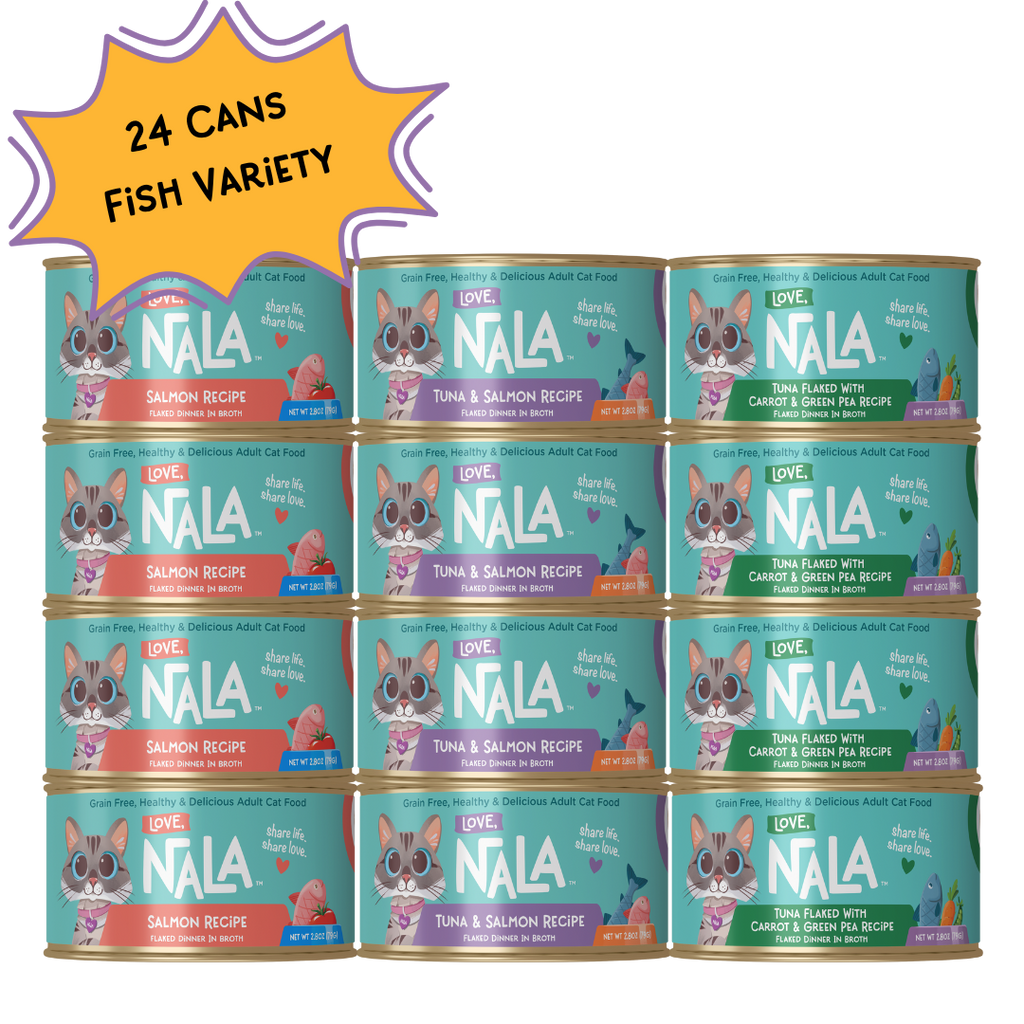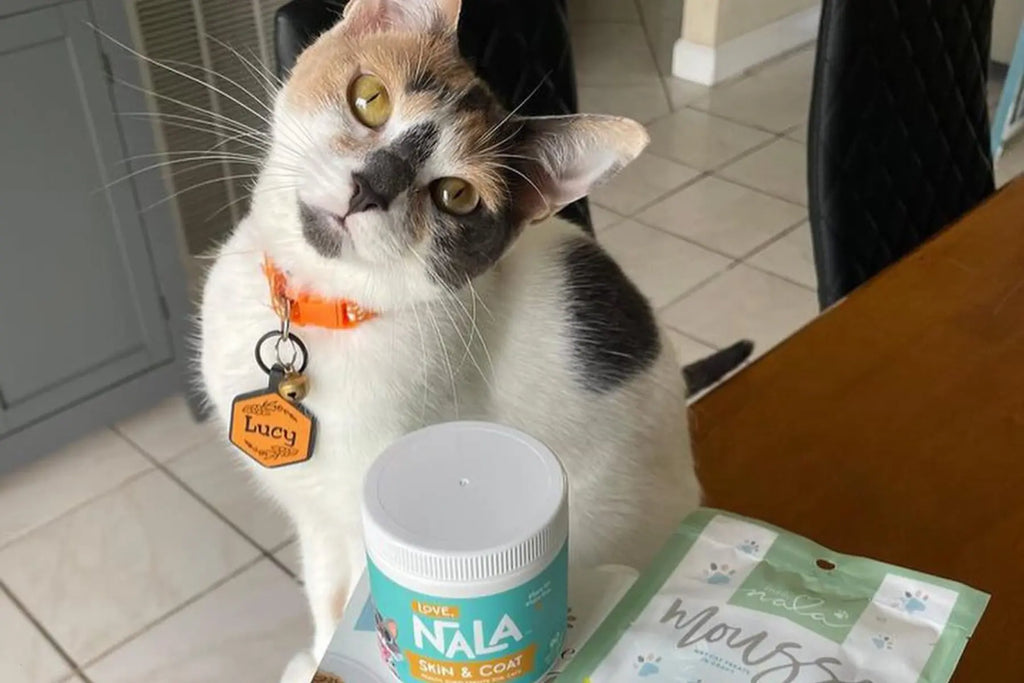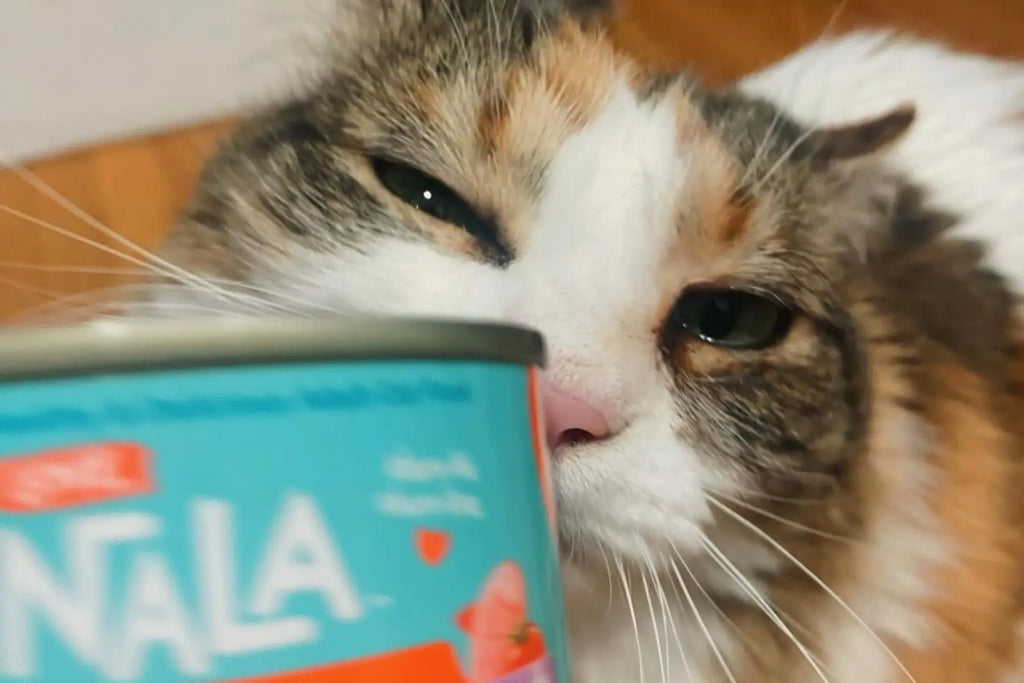As a crucial component of cat health, hydration can never be overstated. Water forms an integral part of a cat's body and is involved in a myriad of bodily functions, ranging from digestion to waste removal and temperature regulation.
The importance of maintaining adequate hydration is accentuated by the fact that, unlike their human counterparts, cats are notoriously low drinkers. Hence, pet owners often find themselves in a quandary regarding ensuring their felines are sufficiently hydrated.

Tuna Broth: A Palatable Solution
Ensuring your feline friend stays adequately hydrated is crucial, and offering tuna broth for cats is an excellent solution. Its alluring aroma and taste make it a highly appealing choice for our feline companions. Moreover, this flavorful broth serves as a remarkable addition to their fluid intake, effectively combating any concerns about dehydration.
Specifically, cat food with broth becomes an instant favorite among cats, making the hydration process even more effortless. By incorporating tuna broth into your pet's diet, you not only satisfy their taste buds but also promote their overall well-being through sufficient hydration. Remember, a well-hydrated cat is a healthier and happier companion, and tuna broth undoubtedly proves to be a viable and enjoyable way to achieve this important goal.

Serving Tuna Broth Responsibly
Tuna broth can undoubtedly enhance a cat's diet, but careful monitoring of portion sizes and consumption frequency is crucial. As a versatile option, it's essential to avoid over-reliance on this treat to prevent any nutritional imbalances.
Moderation becomes the guiding principle in incorporating tuna broth into their meals. As a responsible cat owner, it's vital to remain vigilant for any potential adverse reactions, such as alterations in stool consistency or behavior. Being mindful of these indicators allows for timely adjustments in their diet to ensure their well-being and enjoyment of this tasty addition to their food.
Nutritional Profile of Tuna Broth
Tuna broth isn't just about hydration. It's packed with a host of nutrients essential for your cat's health. Let's delve into the impressive nutritional profile of this popular cat food ingredient.
A Nutrient-Rich Addition
Tuna broth offers more than just hydration; it is a nutrient-rich addition that comes with a plethora of health benefits for your beloved feline. Beyond its hydrating properties, tuna fish cat food is a powerhouse of essential nutrients, prominently featuring high-quality proteins and beneficial omega-3 fatty acids.
These elements play a vital role in your pet's well-being. The abundant protein content supports muscle development and repair, helping them stay agile and active. Meanwhile, the presence of omega-3 fatty acids contributes to maintaining a lustrous coat and healthy skin, as well as supporting heart health, and promoting overall vitality.
Beneficial for Overall Health
Incorporating tuna broth or tuna flakes for cats into your pet's diet has numerous advantages, including bolstering their immune system to protect against illnesses and infections. If you have a growing kitten, regular consumption of tuna-based food supports their proper growth and development, ensuring they grow into strong and healthy adult felines.
Additionally, for adult felines, tuna intake helps preserve their muscle mass, promoting strength and energy to keep them active and lively. These benefits make tuna an excellent addition to your pet's meals, providing not only a delectable taste but also essential nutrients that contribute to their overall well-being, vitality, and longevity.
However, as with any dietary change, it's important to monitor their intake and consult with your veterinarian to ensure a well-balanced and appropriate diet for your furry friend.
Quality and Balance
When seeking store-bought tuna broth or flaked tuna cat food, exercising vigilance as a responsible pet owner is paramount. Prioritize quality ingredients over mere fillers to ensure your feline receives the best nutrition possible.
Strive for a balanced diet that incorporates various nutrient sources, preventing an over-reliance on a single type of food or ingredient. This way, your cat receives a diverse array of nutrients necessary for optimal health and longevity.

Balancing Tuna Broth in a Cat's Diet
Integration of tuna broth into your cat's diet can be a tricky affair. This section guides you on how to balance this nutritious ingredient without disrupting the overall dietary equilibrium of your pet.
- The Concept of a Balanced Diet - A balanced diet for felines goes beyond the basic concept of cat food. It necessitates a thorough understanding of the nutritional requirements of your cat, taking into account their age, breed, and health status. While the best cat food might vary from cat to cat, it usually comprises a mix of proteins, carbohydrates, fats, vitamins, and minerals.
- Incorporating Tuna Broth - Integrating tuna broth into your feline's meals requires careful consideration of their current diet and any potential changes that may be necessary. This should be a gradual process, starting with small amounts and slowly increasing the quantity based on your cat's acceptance and tolerance.
- Monitoring Dietary Changes - Post the inclusion of tuna broth in your pet's diet, close observation for any adverse or positive reactions is key. While signs of improved skin and coat condition or increased hydration are positive, any unusual behavior or digestive issues may necessitate consultation with a vet.
Homemade Tuna Broth: A Safe Approach
For those interested in taking the homemade route, we present a safe and straightforward way of preparing tuna broth at home. This segment will walk you through the process, with a focus on maintaining quality and safety.
- Quality Ingredients - The preparation of homemade tuna broth starts with the selection of the best tuna for cats. The quality and freshness of the fish are pivotal for the nutritional value and safety of the broth.
- Preparation Steps - A simple and safe recipe involves simmering fresh tuna in water until the fish is fully cooked, then straining the liquid to remove any potential choking hazards. This homemade broth can be an alternative to canned tuna cat food, ensuring a preservative-free option for your pet.
- Storage and Serving - The broth should be cooled before serving, and any leftovers must be stored in a refrigerated environment to prevent spoilage. As with any other food, introducing homemade broth should be a gradual process and always served alongside regular, balanced healthy cat food.
The quest for the healthiest cat food can be a constant journey for many feline owners. Adding variety to their diet, like introducing tuna broth, can not only contribute to better hydration but also provide additional nutritional benefits.
With careful consideration of quality and balance, it can certainly prove to be a valuable addition to your feline's diet. Nonetheless, always remember that each cat is unique, and what works best for one might not for another. Keep a close eye on your pet's reaction to new foods and consult with a vet whenever in doubt.




















